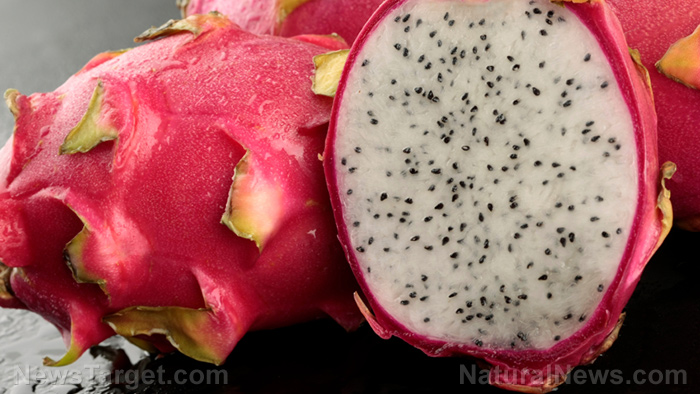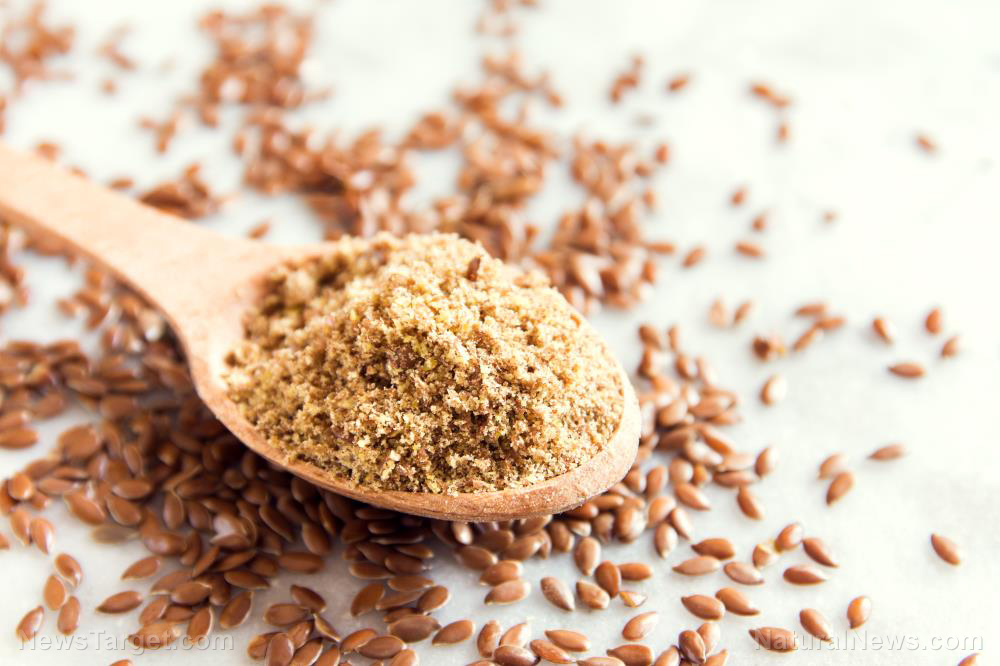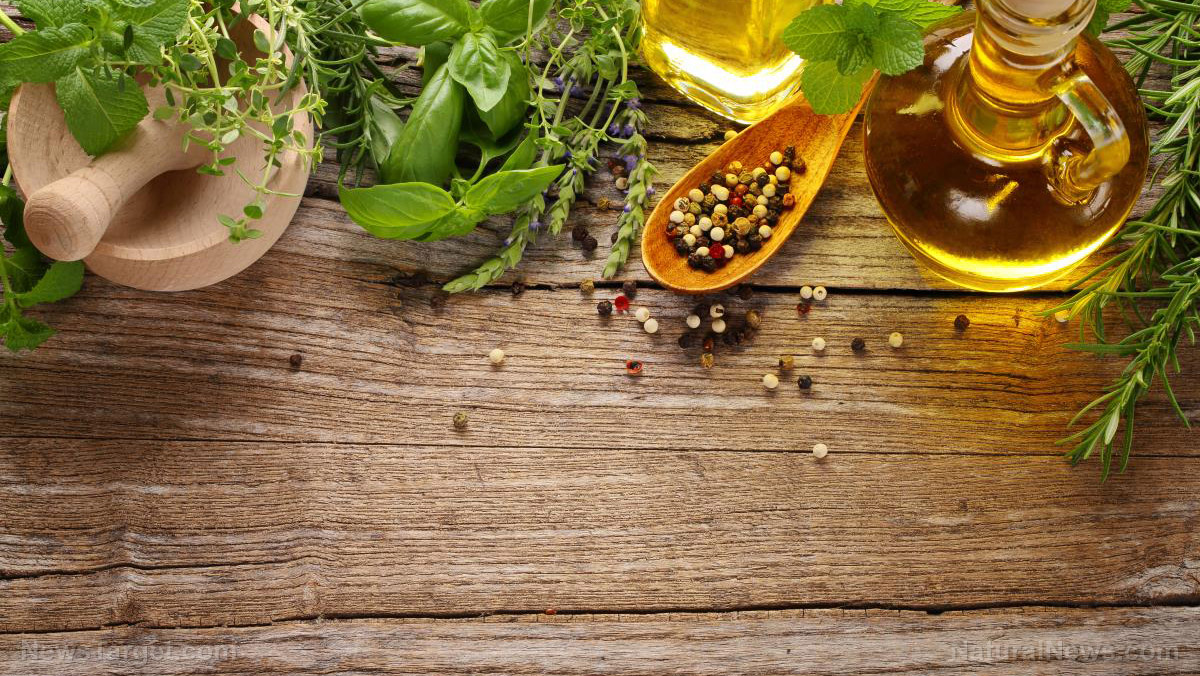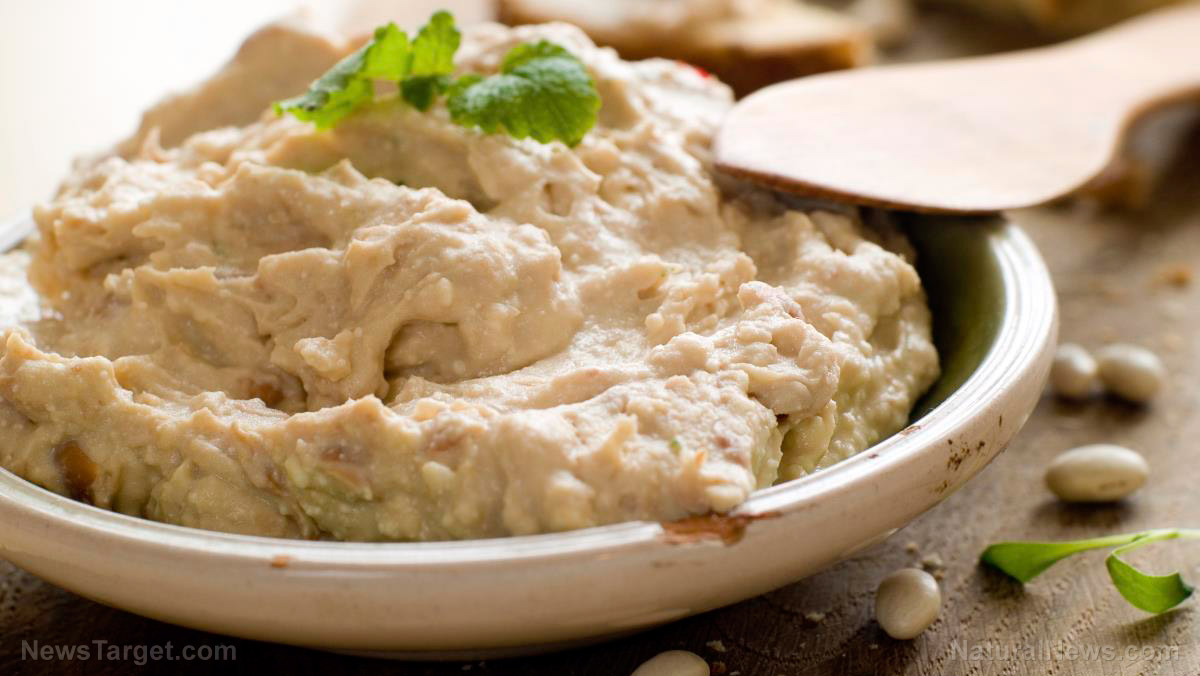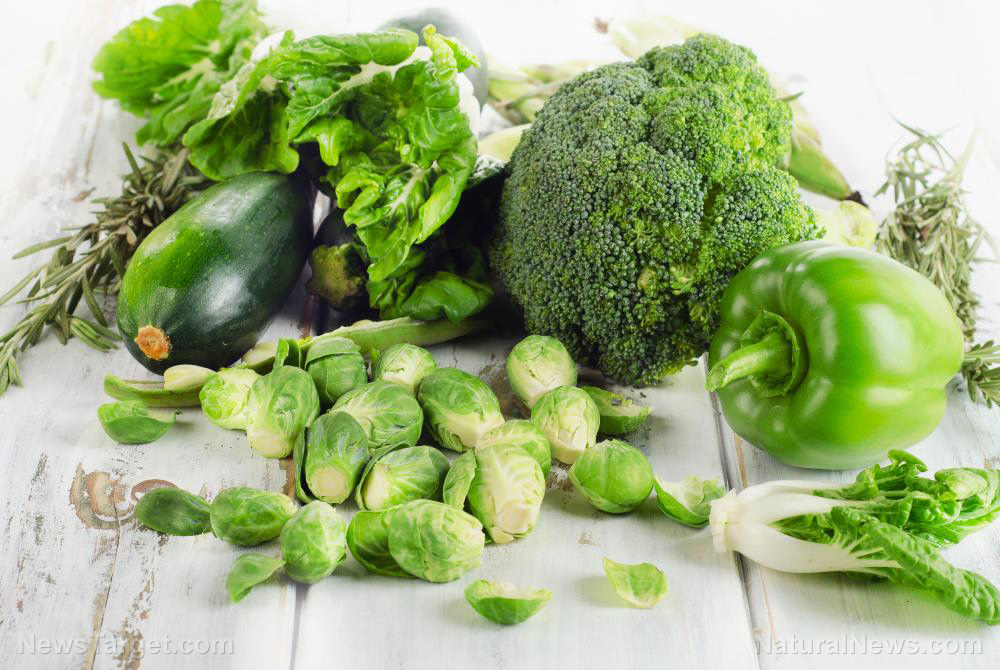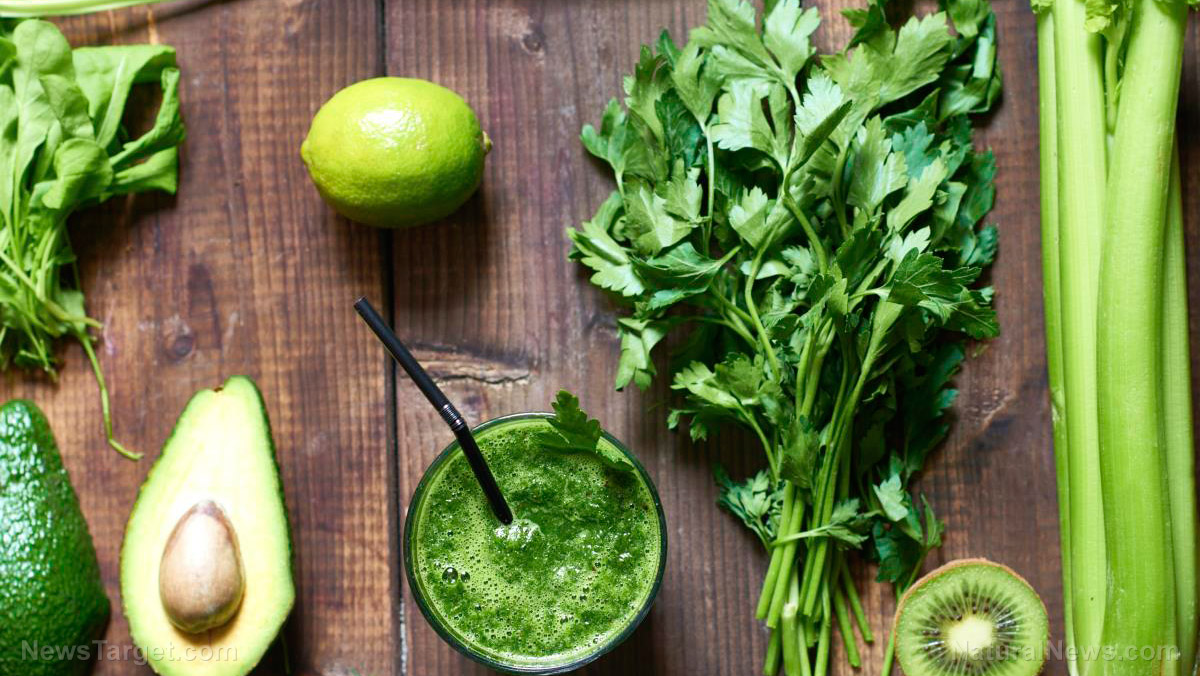Crunchy, tangy and good for your gut: 4 Health benefits of pickles, a fermented food
10/21/2019 / By Evangelyn Rodriguez
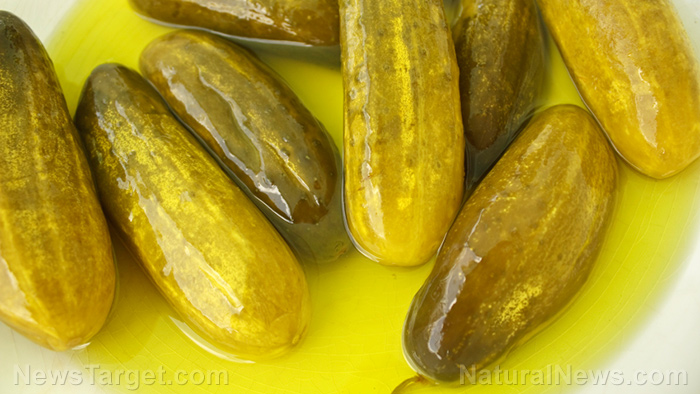
The ancient practice of pickling to preserve food is considered a culinary art. Different cultures have their own versions of pickled foods, which are either preserved in a strong acid like vinegar or a salt brine that encourages fermentation. Foods preserved using the latter technique are not only safe from bad bacteria that cause food spoilage, they also offer plenty of health benefits due to their abundance in beneficial bacteria. Here are some excellent reasons to add fermented pickles to your diet.
Fast facts: Fermented pickles
People often associate the word pickles with cucumbers, which are often soaked in a vinegar solution. However, there are many types of pickled foods, especially fermented pickles. Most fermented foods count as fermented pickles because they undergo the same process of preservation in brine. Common examples of fermented pickles include sauerkraut, traditional dill pickles, and kimchi. (Related: Make your own fermented probiotic dense foods.)
Fermented pickles are made by first curing foods — usually vegetables or fruits — in salt and water that promote the growth of fermentative bacteria. Brine not only ensures that lactic acid bacteria thrives, it also prevents the growth of food-spoiling bacteria and kills disease-causing ones. Fermentative bacteria, on the other hand, serve another purpose: They generate flavor compounds that give fermented pickles their signature taste.
Pickles don’t contain fat and are low in calories. Fermented pickles, in particular, have the added benefit of acting like prebiotics, which support the growth of good gut bacteria. A healthy composition of gut microbes is needed for proper digestion and optimal nutrient absorption from food. It also boosts immune function and helps prevent yeast infections and other stomach issues. According to studies, the state of a person’s gut microbiota also influences his mental health.
The 4 health benefits of eating fermented pickles
Like ordinary pickles (unfermented), fermented pickles are rich in vitamins like vitamin K and vitamin A. While vitamin K is important for blood clotting, vitamin A is needed to maintain healthy immune system, vision, and cell growth. Fermented pickles also contain plenty of B vitamins that support healthy cellular function and dietary fiber that improves digestion.
Here are some more benefits offered by fermented pickles:
Blood sugar control
The vinegar-based brine used to make pickles can help people manage their blood sugar levels. Besides preventing diabetes, normal blood glucose levels are also important for curbing feelings of intense hunger.
According to a recent study, the addition of vinegar to meals helps lower postprandial and fasting blood glucose levels in adults at risk of developing Type 2 diabetes. So to prevent diabetes, add vinegar-rich foods like fermented pickles to your daily diet.
Excellent source of antioxidants
Antioxidants are compounds that can stop the production of free radicals. These harmful oxidation products occur naturally inside the body and are linked to the development of a wide variety of diseases, such as heart disease, diabetes, and cancer.
Antioxidants are produced by the body, but can also be obtained from foods. Many fruits and vegetables, including fermented and pickled ones, are great sources of antioxidants. Antioxidants also protect cells from oxidative damage that can cause premature aging.
Maintenance of electrolyte balance
Electrolytes like sodium and potassium are needed by cells to produce energy, maintain stability, and function properly. Electrolytes are also involved in several bodily processes, such as the contraction of muscles and the movement of water and other fluids for hydration.
Fermented pickles contain high levels of electrolytes. In fact, some athletes drink pickle juice or fermented brine to help restore electrolytes after an intense workout. Pickle juice is also good for people who have a fever or are in need of rehydration.
Relief from muscle cramps
Besides restoring electrolytes, pickle juice is also effective for muscle cramps. According to a study published in Medicine and Science in Sports and Exercise, drinking small volumes of pickle juice can provide immediate relief from muscle cramps.
For their study, the researchers electrically induced muscle cramps in hypohydrated men. Upon comparing the effects of drinking deionized water versus those of drinking pickle juice, they found that the latter can rapidly restore electrolytes and stop the firing of alpha motor neurons in cramping muscles. This provided instantaneous relief from muscle cramps.
Fermented pickles are nutritious and beneficial additions to your daily diet. However, fermented pickles contain high levels of sodium, which can increase your blood pressure, among other things. To get the full benefits of fermented pickles without unwanted consequences, eat them in moderation.
Tagged Under: aging, anti-aging, antioxidants, blood sugar, brine, digestiive health, digestion, dill pickles, disease prevention, electrolytes, fermentation, fermentative bacteria, fermented foods, fermented pickles, food cures, food is medicine, Food Preservation, Free radicals, functional food, good gut bacteria, gut microbiota, hydration, kimchi, muscle cramps, natural cures, natural medicine, nutrients, pain relief, pickle juice, pickles, pickling, prevent diabetes, prevention, probiotics, remedies, sauerkraut, sodium, veggie, vinegar
RECENT NEWS & ARTICLES
COPYRIGHT © 2017 NUTRIENTS NEWS


